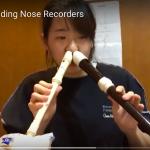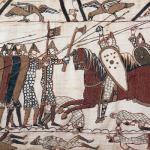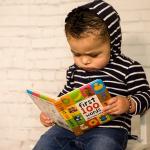“Architects, builders, and sustainability advocates are all abuzz over a new building material they say could substantially reduce greenhouse gas (GHG) emissions in the building sector, slash the waste, pollution, and costs assoc
Other Science News
Something a bit different. Rather than blather on about this and that, putting half of you into a coma here are a few especially unusual stories that I came across in the past week.
“The Victorian era is often remembered as an age of industrial innovation, staunch morals and hard work.
Contrarianism is a tricky thing. Challenging the conventional wisdom – something ACSH routinely does – is necessary because popularly held beliefs are often wrong.
As a physician, how could I resist this title? Why Doctors Think They’re the Best. Obviously, I couldn’t.
“Shopping focus groups typically tell us what works. However, four researchers discovered precisely the opposite. They identified a group that gets it wrong every time.
Four and a half years ago, an earthquake in Nepal initiated an avalanche on Mt. Everest, resulting in the deaths of 22
We are swimming in an ocean of B.S. And despite the fact that more people have access to more knowledge and information than ever before in human history, the problem seems to be getting worse.
The Trump administration is considering a proposal to require all published research that has received federal funding to be made immediately available to the public at no cost.
“In a legendary 1993 paper, Professor Joel Waldfogel suggested that holiday gift-giving provides less of an economic boost (to the individual and the GDP) than we expect. The reason is the recipient’s dissatisfaction.












